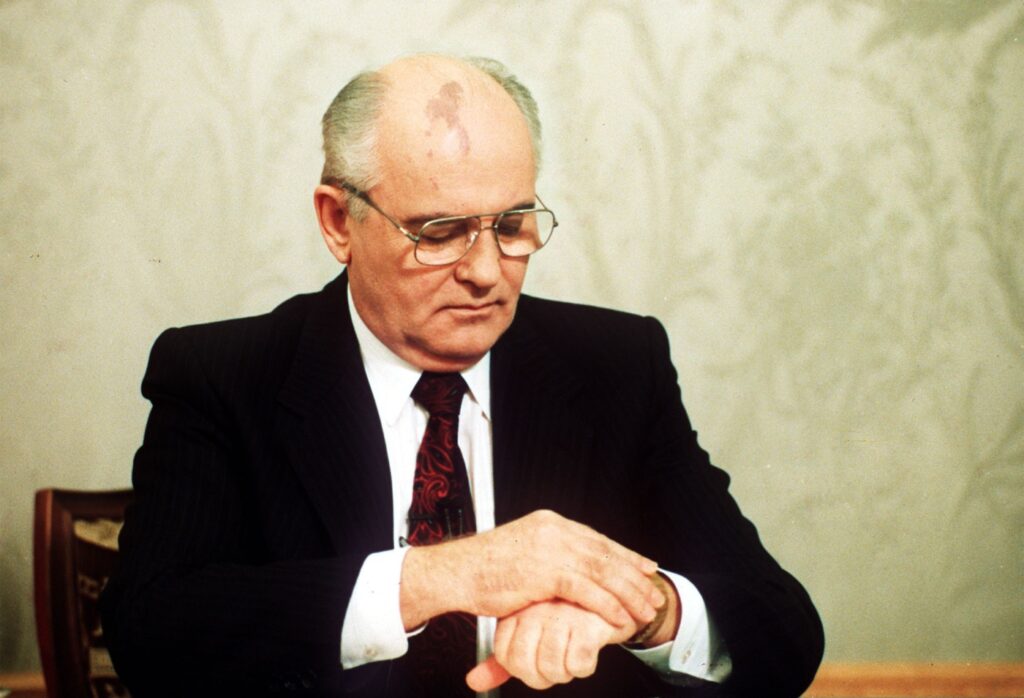
For those born since the collapse of the Soviet Union, it’s hard to understand the degree to which the Cold War cast a pall on the international scene. The Soviet Union lasted nearly 70 years and its communist system – known for its gulags, bread lines and brutal repression – crushed the freedom of 299 million people.
In the late 1980s, unrest grew within Soviet satellite nations, with some declaring independence from the central state. Many Westerners have touted the heroic efforts of President Ronald Reagan, British Prime Minister Margaret Thatcher, Pope John Paul II and Polish labor leader Lech Walesa in precipitating the downfall of the Evil Empire.
Another crucial figure, Mikhail S. Gorbachev, died in Moscow last week at the age of 91. An old Soviet joke noted that Gorbachev could have won an election in any nation outside of Russia – a reference to his unpopularity at home even as Western media celebrated him. His legacy may be mixed, but he’s worthy of fond remembrance.
The main critique of Gorbachev is that the reforms he implemented – glasnost (openness) and perestroika (reconstruction) – were designed to save the Soviet system from collapse. He became general secretary of the Communist Party in 1985 as a Leninist – certainly not a man initially committed to democracy and freedom. Soviet deprivations continued even after he implemented his reforms.
Related Articles
A barrage of mostly bad legislation out of Sacramento
The challenges America faces if Merrick Garland prosecutes Donald Trump
California demands EVs, but can’t even keep the power on
Taking from the working class and giving to the laptop class
Endorsement: Elect Rhonda Shader to the California Senate
His critics say that the Soviet Union was destined for the dust heap given its failed economics, but it could have hobbled along for years. Mainly, Gorbachev allowed it to collapse with a whimper rather than a violent bang. He seemed genuinely committed to creating a more open society.
As unrest spread across his empire (thanks in part to the liberalizing forces he unleashed), Gorbachev did not respond with brutal crackdowns that former Soviet despots had employed. “Gorbachev had the brute power to suppress rebellion, as his predecessors had done, but he refrained from using it,” Jay Nordlinger wrote in the National Review.
He was the right man at the right time who did the right thing. That’s a legacy worth remembering.
